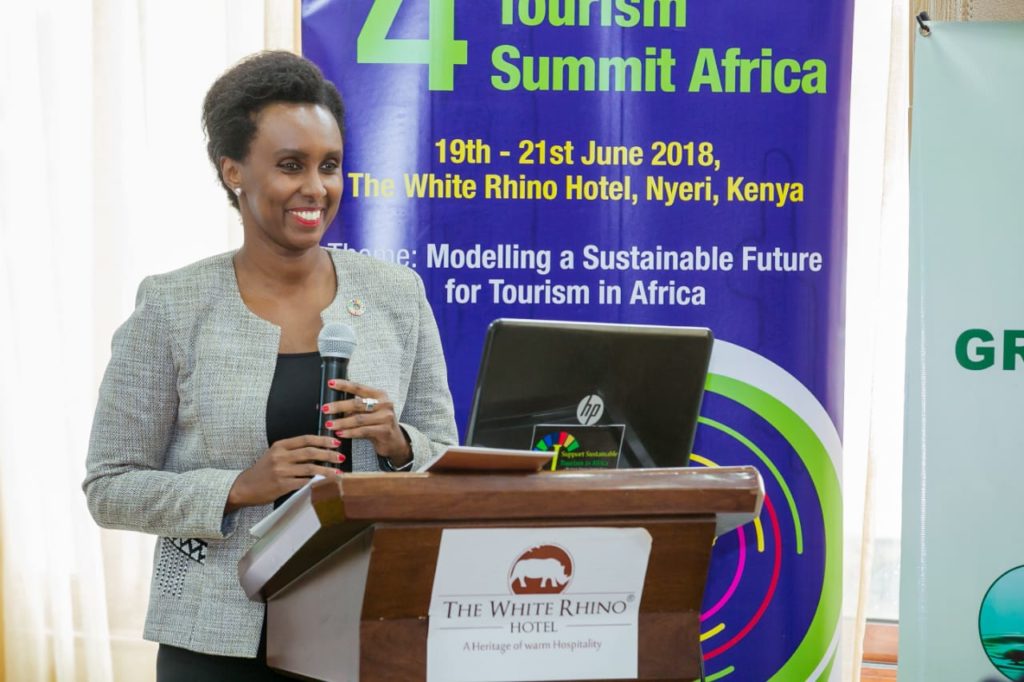Globally, tourism has proven to be an important industry, which contributes significantly to world economies, generates employment, and helps people – therapeutically or otherwise – experience destinations beyond their own. Among other places, Africa – a continent rich in experiential tourism products – has attracted travelers from all over the world who are looking for authentic experiences.
Despite this, the continent’s performance is somewhat mixed when we take a closer look at the figures. For instance, in 2017, the two regions with the largest growth in tourism were Africa, with 9%, and Europe, with 8%. Across the regions in 2018, Asia-Pacific remained a stronger performer, growing by 6.4%, but North Africa’s performance with 8.6% year-on-year growth showcased the resilience of the tourism sector to security shocks. Last year, travel and tourism contributed $194.2 billion to the region’s economy, representing 8.5% of the continent’s GDP. Available data from Africa points to a 7% increase in arrivals in 2018, bringing the estimated number of international arrivals to 67 million or 5% of the world’s total, a small share compared to other regions.
When you take a deeper look, Africa is blessed with beautiful beaches, incredible wildlife experiences, breathtaking landscapes, and cultural treasures, among other tourism attractions. So, why is it that Africa lags behind when it comes to tourism arrivals and revenues? A key factor is that Africa suffers from bad publicity abroad. A recent study showed that Africa is misrepresented
and underrepresented in America. Television viewers are seven times more likely to hear references to Europe than Africa, and when Africa is mentioned, it is only done negatively, rather than positively.
The images of war, poverty, and diseases like Ebola are often shown and remain in the memories of people when it comes to Africa. Given the general public’s lack of awareness about
the continent, anything that happens in one part of the continent tends to cast a shadow on other regions as well. For example, the 2014 Ebola crisis outbreak in West Africa affected the whole continent despite its geographical vastness. Too many, Africa is considered as one country.

However, there are several reasons to be optimistic. Two African countries, Egypt and Togo, respectively, rank number one and two of the world’s ten fastest-growing tourist destinations. The number of tourist arrivals in Africa is expected to jump to 130 million over the next dozen years, thanks to new low-cost airlines, new tourism infrastructure, and visa rule changes that are
making traveling around Africa on a tighter budget simpler. With the right regulatory conditions and government support, this increase could lead to inclusive economic growth and ensure quality jobs to the youth of Africa African countries are implementing progressive measures to promote tourism.
Kenya, Rwanda, and Uganda have launched an East African Tourist Visa, a time and money-saving initiative that allow tourists to travel freely within the three countries. In addition, since four out of five tourists travel within their own region, the decision of Kenya and Ethiopia to issue African travelers visas on arrival will allow them to tap into the spending power of Africa’s growing
middle class. Rwanda went even further by establishing a global visa-free entry for travelers from everywhere in the world in 2018.
Currently, Africa’s authentic image is appealing to many. Beyond the nature-based and cultural tourism, events and meetings (MICE) segment is on the rise. Business people are traveling around the continent to seize its abundant business opportunities. It is, therefore, not a big stretch to think that, in a not-so-distant future, people won’t just travel to Africa for safaris, but mainly for its
remarkable culture and peoples, delicious food, pleasant weather, and 135 UNESCO World Heritage sites, and most of all, to conduct business on the continent. I hope that with business interests, Africa’s narrative and its image will be improved and promoted for the better.
BY CARMEN NIBIGIRA
Tourism Policy Analyst & Former Head of the East Africa Tourism Platform
Note: The original article was first published in METRO ISSUE 25– which special Views on issues at the United Nations click to read more








